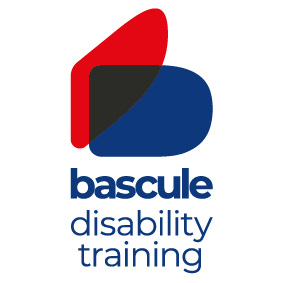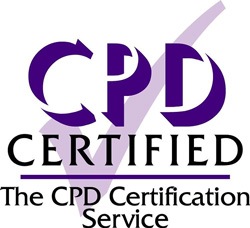Why are we awkward around people with disabilities?

If you are familiar with Bascule Disability Training- you’ll know that we regularly recite the statistic -67% of people feel uncomfortable or awkward when talking to a person with disabilities. (Originally taken from research by Scope in 2014).
We often ask businesses to consider how that awkwardness could potentially be impacting their customer service or client facing staff.
It’s a very important statistic and one we use to regularly demonstrate the fact that perceptions of disability need to change, and if businesses and organisations wish to be more inclusive, gaining awareness of disability is the best place to start.
Great… but what does that statistic actually mean?
What is the reason for the awkwardness? 67% is a large majority, and it’s likely that the reason for the awkward feeling is related to a lack of understanding.
Well, to find out more, we recently composed a short poll that we distributed across our social media channels asking why respondents thought that 67% of people felt awkward communicating- and here are the results:
- 35% believed people were afraid of offending
- 18% believed they don't know what to say
- 10% thought they didn’t want to patronise
- 38% said people didn’t have experience communicating with people with disabilities
It’s clear most of our followers considered the main reason to be due to a lack of experience. Now, there is an argument to say that the other three options are also results of inexperience, but when you consider that one in five people have a disability in the UK, it begs the question -why do 67% of us have inexperience in communicating with 20% of our population?
Well, we would need to consider that most disabilities are invisible, and therefore people may already be interacting with people with disabilities –quite comfortably- but are completely unaware. After all, another survey revealed that two thirds (66%) of 18- 34-year-olds are likely to conceal their impairment.
It could also be that the 67% do not have an employer that accurately reflects society in their workforce, therefore the team will lack experience of interaction with people with disabilities in their working environment.
The important question is- how do we end the awkward?
Firstly, at Bascule, we believe that disability awareness training is always the first and best place to start. Educating and developing a team member’s understanding of disability in a workforce, leads to a more inclusive organisation, that will collectively develop a more open mind. From here, it is more likely that a company will become a more inclusive employer and will attract more people with disabilities to apply for a position. One of our best case studies proves this to be true…This will improve inclusivity in your workforce and develop the experience and understanding of existing staff members, whilst also making the existing team feel comfortable enough to talking about their disabilities, should they have any they are concealing.
Like most issues, whether it’s poor communication, a lack of diversity, or poor disability disclosure with existing staff- awareness training starts the conversation and marks the first step on a journey to become more inclusive, bringing a vast number of business benefits- and of course- ending the ‘awkward’.
To book your place on our next awareness courses Click HERE>



